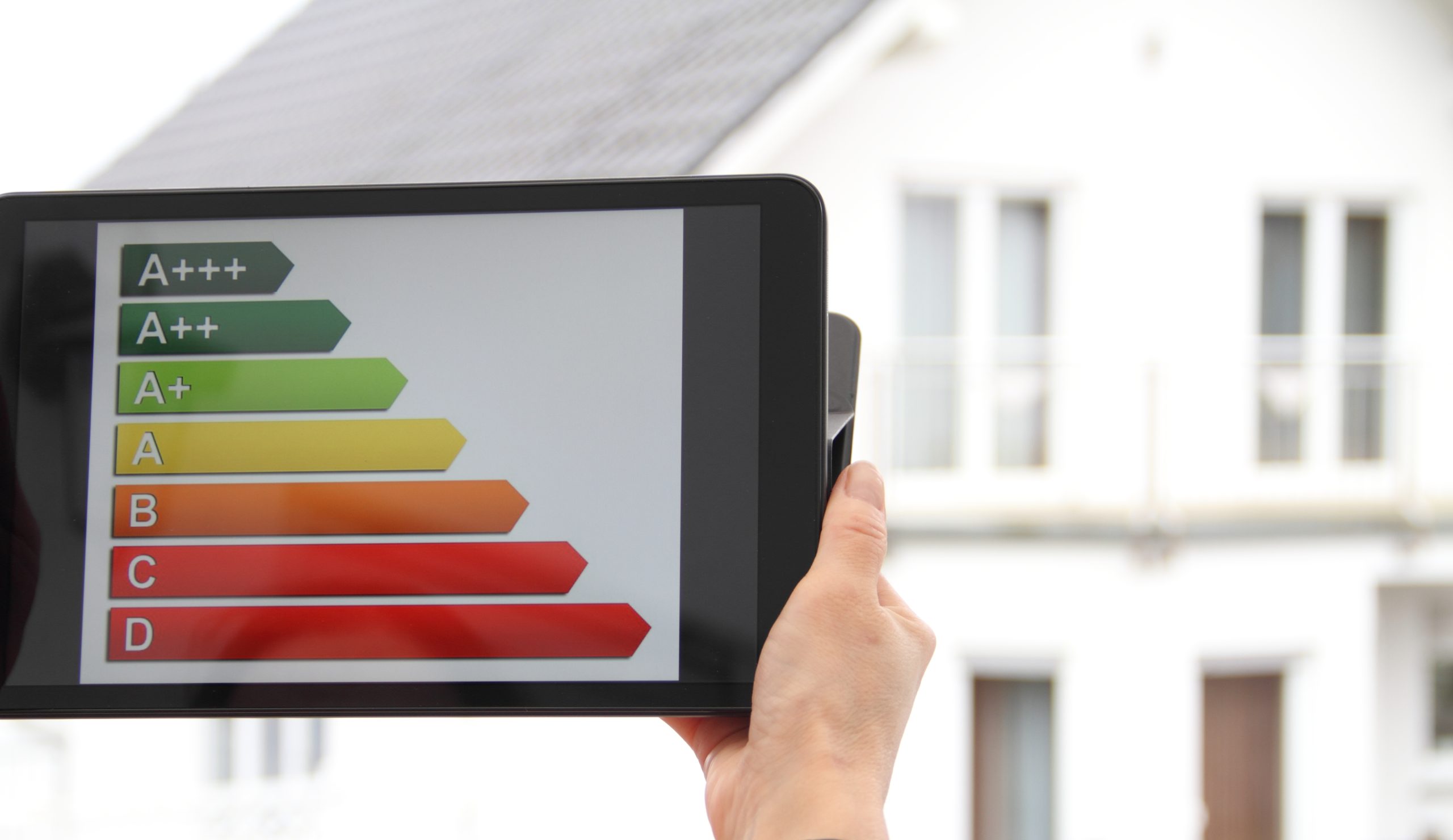Why do I need an EPC?
If you are selling or letting a property, you are required by law to obtain an energy performance certificate for that building and it must be made available within 28 days of marketing. Exceptions to this rule are:
- buildings used as places of worship and for religious activities
- stand-alone buildings of less than 50 m2 that are not dwellings
- industrial sites, workshops and non-residential agricultural buildings with low energy demand
- temporary buildings with a planned time of use of two years or less, and
- non-residential agricultural buildings which are in use by a sector covered by a national sectoral agreement on energy performance
There is already an EPC on my property.
Do I need a new one?
An EPC is valid for 10 years from the date of issue. If you’ve not made any major alterations such as adding extensions or a roof conversion, you are not legally obliged to get a new one. However, other improvements, such as installing additional insulation, upgrading the heating system or replacing single glazed windows with double glazing is likely to give you a much higher rating and be more attractive to potential buyers.
You do not need to wait for the expiry date before requesting a new one.
I’m selling my property privately. Do I still need an EPC?
Yes.
How much will an EPC cost?
The price of an energy performance certificate is determined by the size and location of a property but start at £60 for a domestic property with no VAT added. Commercial properties are quoted on an ad-hoc basis due to their complexities.
Please contact us for an accurate quote.
How long will it take to perform an energy survey?
The site survey will vary according to the size and nature of the property, but for a domestic property, you should allow on average, between 45 minutes to an hour.
Will you have to visit my property?
For all properties, we must base the assessment on a site visit in order to collect the necessary data.
Why are the fuel costs shown on the EPC far higher than my actual fuel bills?
The EPC is based on something called “standard occupancy” and does not take into account an individual’s energy costs. This means the software will expect, for example, energy usage for a 3- bedroom house to be used by 3 occupants. The calculations are based on fixed features of a property and not real-time energy usage. This allows similar properties to be compared on a like-for-like basis.
What happens if my home gets a low rating?
This simply means that the building could be more energy efficient if certain measures outlined on the EPC are implemented.
As a landlord however, you will not be able to let your property if the rating is below an “E”
What are the benefits to me as a seller or landlord?
A higher energy rating should make a building more marketable than one with a lower rating as a more energy efficient building is less costly to run. The recommendation report should provide information that may help to reduce the running cost of the property even further. Some mortgage companies are now offering better deals for those properties with a higher rating.
My home is Grade II listed. Do I still l need an EPC?
This depends on whether any material recommendations are likely to affect the visual appeal of the property. So updating a boiler would be acceptable but replacing original windows would not. It is advisable to speak to your local conservation officer to see whether an EPC is relevant, although some solicitors have been known to demand one regardless.
Find out more about the EPC survey
For a detailed breakdown of what we do, visit our Survey page, where we cover what happens on our site visit.
